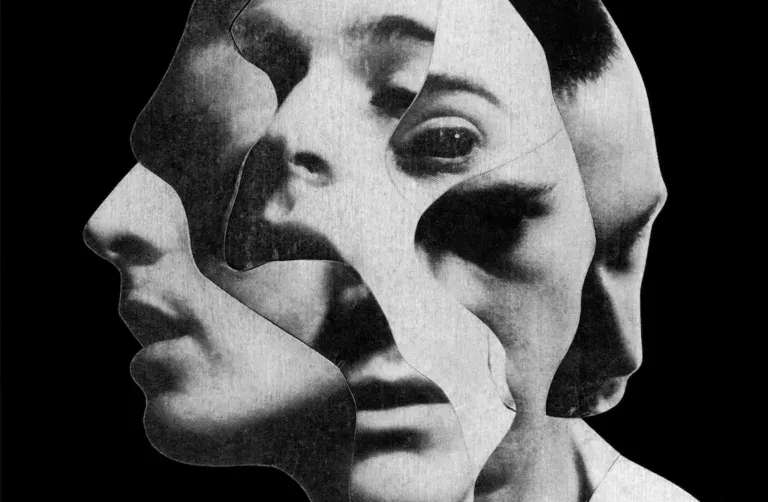Diomede Devoured by His Horses
“Diomede Devoured by His Horses” by Gustave Moreau: A Mythological Masterpiece
Introduction
The artwork “Diomede Devoured by His Horses” is a captivating painting created by the French artist Gustave Moreau (1826-1898). This work, produced around 1865-1870, falls within the context of Moreau’s romantic and symbolist taste, characterized by the exploration of mythological and allegorical themes.
Artistic Context
Gustave Moreau is renowned for his ability to convey mystical and visionary atmospheres through painting. In the painting the artist draws inspiration from an episode of Greek mythology.
The Myth of Diomede
The painting depicts a tragic moment from the myth of Diomede, a king of Thrace. According to legend, Diomede was devoured by his own wild horses, which had been fed human flesh. This event was a divine punishment for Diomede’s cruelty and insolence.
Symbolism
Moreau’s choice to paint this mythological episode allows for an exploration of the symbolism associated with divine justice and the consequences of human actions. The detailed rendering of expressions and the dramaticity of the scene capture the viewer’s attention, offering a haunting glimpse into Diomede’s tragic demise.
Style and Technique
The painting stands out for its intricate and detailed style, typical of Moreau’s symbolism. The precise brushstrokes and skillful use of color contribute to creating a suggestive atmosphere and conveying the emotional intensity of the depicted myth.





